Music for healing - how to fine tune your health
The sound of music can be an incredible healer – lifting mood, aiding recovery, and maybe even helping us feel young.

The sound of music can be an incredible healer – lifting mood, aiding recovery, and maybe even helping us feel young.

More than 25,000 research papers spanning 40 years confirm music’s healing powers. In the 1850s, Florence Nightingale even recommended the popular Victorian tune Home, Sweet Home to ‘soothe the sick’.
But could our favourite songs also help hold back the years? Neuroscientist Dr Julia Jones thinks so. She has spent the past year running a study to test the theory that music lovers have a lower ‘subjective age’ – how old you feel rather than the candles on your birthday cake.
“A lower subjective age is linked with a lower incidence of frailty in later life and music seems to be a way to achieve this,” says Dr Jones, author of The Music Diet and founder of wellbeing company Holidity.
“Participants in the study include well-known music legends as well as members of the public, and several artists have already revealed that their subjective age is significantly lower than their chronological age.”
She points to musicians in their 70s and 80s, such as The Rolling Stones, Bruce Springsteen, Cher and Bob Dylan, who are all still touring and, to echo Dylan, ‘forever young’.
We already know, thanks to recent studies, that listening to music can help soothe anxiety during invasive tests such as a colonoscopy or coronary angiography, as well as prepare and recover from surgery, ease anxiety and depression, and help people with dementia develop and maintain relationships.
Dr Jones’s top picks available on Spotify or Apple Music:
Other intriguing research highlights music’s ability to improve the working of the endothelium, the layer of cells that line arteries and small blood vessels. When these malfunction, it plays a significant role in heart disease.
One of the most powerful uses of music could be in the post-surgical recovery ward, according to Professor Catherine Meads, who led a team at Queen Mary University of London reviewing the effects of listening to music before, during and after surgery.
Patients listened to different styles of music through headphones, music pillows and loudspeakers.
“We found this helped them recover from operations faster, especially just after returning to the ward – cutting down pain and anxiety as well as the number of painkillers needed,” she says.

How does that work? “We think listening to music gives the brain something to do, so distracting from pain and anxiety,” explains Professor Meads.
It’s also thought that it may quell the activity of the autonomic nervous system, which regulates pulse rate, breathing and blood pressure and other involuntary actions.
“It doesn’t seem to matter what type of music, just choose something you like,” she adds.
Music therapy is also being used more and more in rehab, especially for some neurological problems.
In one of the latest studies, researchers at London’s National Hospital for Neurology and Neurosurgery, in partnership with music therapy charity Nordoff and Robbins, are investigating if 15 hours a week of music therapy – including singing as well as playing instruments and songwriting – for 10 weeks can help patients who have been robbed of speech by stroke or brain injury.
“There’s plenty of anecdotal evidence that music can help recovery from brain injury but to convince those who hold the purse strings we need more robust evidence,” says lead researcher Dr Sara Ajina. “I hope our study will provide that.”
Researchers will also measure changes in mood, wellbeing and pain perception, with results available within a year. Speech and language therapist Nicola Perkins, who set up the trial, has already seen huge shifts in mood among patients.
“When they go into the music room they are interacting, they are lively and engaged,” she says. “Even people who have never had any music experience say how motivating it has been.”
The use of music therapy is among a raft of recommendations flagged for further research in the latest stroke rehabilitation guidelines from the National Institute for Health and Care Excellence (NICE). If the trial is a success, it may lead to music being prescribed on the NHS.
When stroke survivors move to music, it can help them walk again via an effect known as “rhythmic entrainment”, says Claire Maddocks at the British Association for Music Therapy.
“It’s what happens when you’re walking past a busker and realise you’re stepping in time to the music. The brain can’t resist a repeated pattern, so it gives it something to latch on to.”

New technology is also increasing the ways in which music can help hospital patients, as former ICU nurse Dr Jacqueline Twamley discovered.
In a study at Chorley Hospital, Lancashire, she found that a revolutionary app from tech start-up MediMusic had the power to calm people with dementia when they went into hospital. Inputting a patient’s gender and date of birth into the app creates a 20- to 25-minute personalised playlist.
Dr Twamley discovered that listening to this reduced resting heart rate by more than a fifth (22%) in nine out of ten patients.
“You could see them smiling and tapping their feet or hands,” she says.
She is now planning future studies using MediMusic playlists to help people with chronic low back pain reduce reliance on opiates, and in intensive care units to help people undergoing invasive procedures.
Even outside hospital settings, music therapy (as opposed to music medicine, which involves listening to playlists) is booming.
“Music can be an enormously powerful tool: whether helping someone with a brain injury regain speech, supporting movement in someone with Parkinson’s or creating connections at the end of life, it opens doors in unexpected ways,” explains Rosie Axon, founder and director of the not-for-profit Chiltern Music Therapy.
“It’s also amazing to see how singing or playing can bring people together, especially those who are lonely.”
Indeed, singing in a choir can boost immunity, research says.
Chiltern Music currently has 50 music therapists and community musicians working across England, and runs Silver Singers groups for older people, including those with dementia. Axon relates a story told by a Chiltern therapist about an attendee at one such group who had dementia and was hard of hearing.

“After a couple of songs, she took my hand and pulled me towards her, explaining that she could actually hear some music, the first time in ages,” Axon recounts.
“She said, ‘You’ve made me so happy’ with tears in her eyes. At the end, she said, ‘I’ve been so confused about what’s going on and where I am because of the Alzheimer’s, but the music brings it all back’.”
The organisation’s Song for Life campaign, launched last year, encourages people to carry a small card on which is written a song that means something to them should a brain injury or stroke render them unable to speak.
“We want music to become like the mobile phone, so you are never without a musical aspect to your day, whether to boost mood, to help you run or to sleep at night,” Axon adds.
You can tap into the power of music yourself by playing or learning an instrument (great for creating new connections in the brain), singing in a choir or joining a community music group (one of the best ways to lift mood).
Alternatively, put together your own playlists via a streaming service such as Spotify or Apple Music. The experts I spoke too agreed that, because music is subjective, the choice is individual. However, a study earlier this year found that songs that were popular when you were aged 10 to 30 were most likely to evoke strong memories, known as a ‘reminiscence bump’.
Furthermore, slow tempo tracks lower heart rate, blood pressure and stress hormone levels, and can work within three minutes, according to US research. And music with smooth articulation (rather than staccato) and a lower pitch can help sleep, especially if it’s on the piano.
To find out more about music for healing, try these resources:

For a limited time, enjoy 3 issues of Saga Magazine for just £1. Receive the next 3 print editions delivered direct to your door, plus 3 months’ unlimited access to the Saga Magazine app—perfect for reading on the go.
Don’t miss your chance to experience award-winning content at an exceptional price.

Are you retiring at the wrong age? The best age to retire for your body, brain, happiness and pocket.


Everything you need to know about the lung infection, and how you could be ill with “walking” pneumonia without realising it.
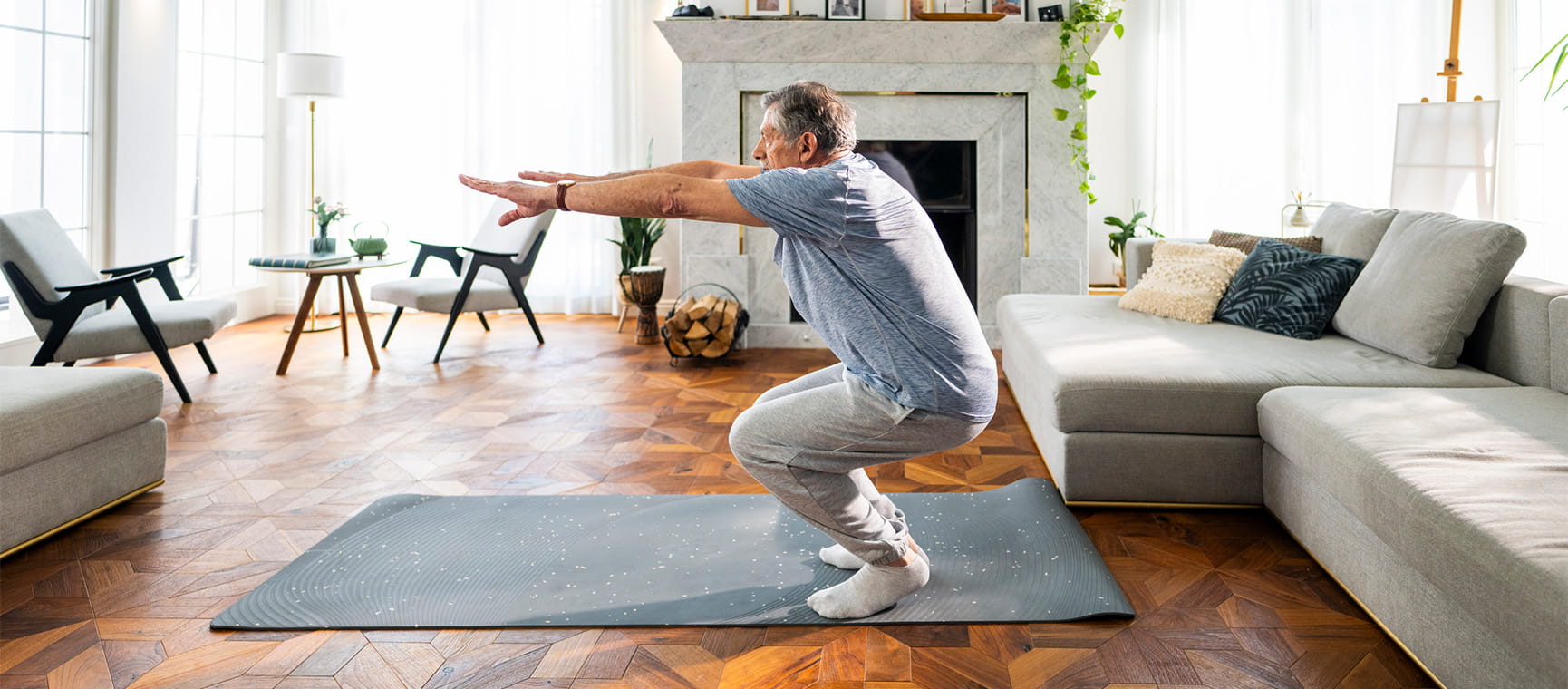
Strong calves for a strong mind: how they support our circulation and brain health, with easy moves to strengthen yours at home.


Our GP Dr Mark Porter explains what can cause itchy skin, which is a common problem as we get older.
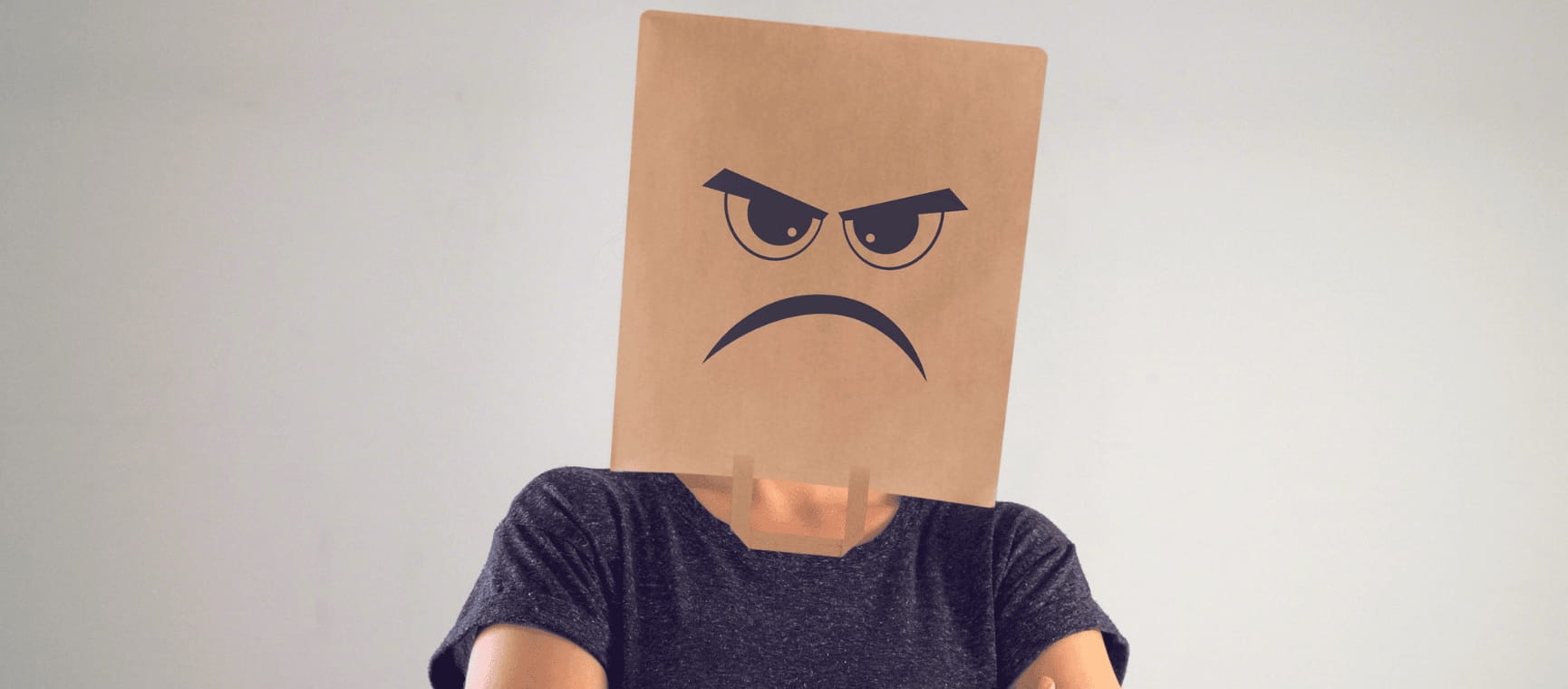
Worried you’ve morphed into Victor Meldrew? Find out how to battle that bad mood, and what to do if you’re stuck with a grouchy loved one.

The benefits of heat and cold therapy, and how Nordic bathing won over our nervous writer.

Here’s how to spot the symptoms of heat disease and reduce your danger.

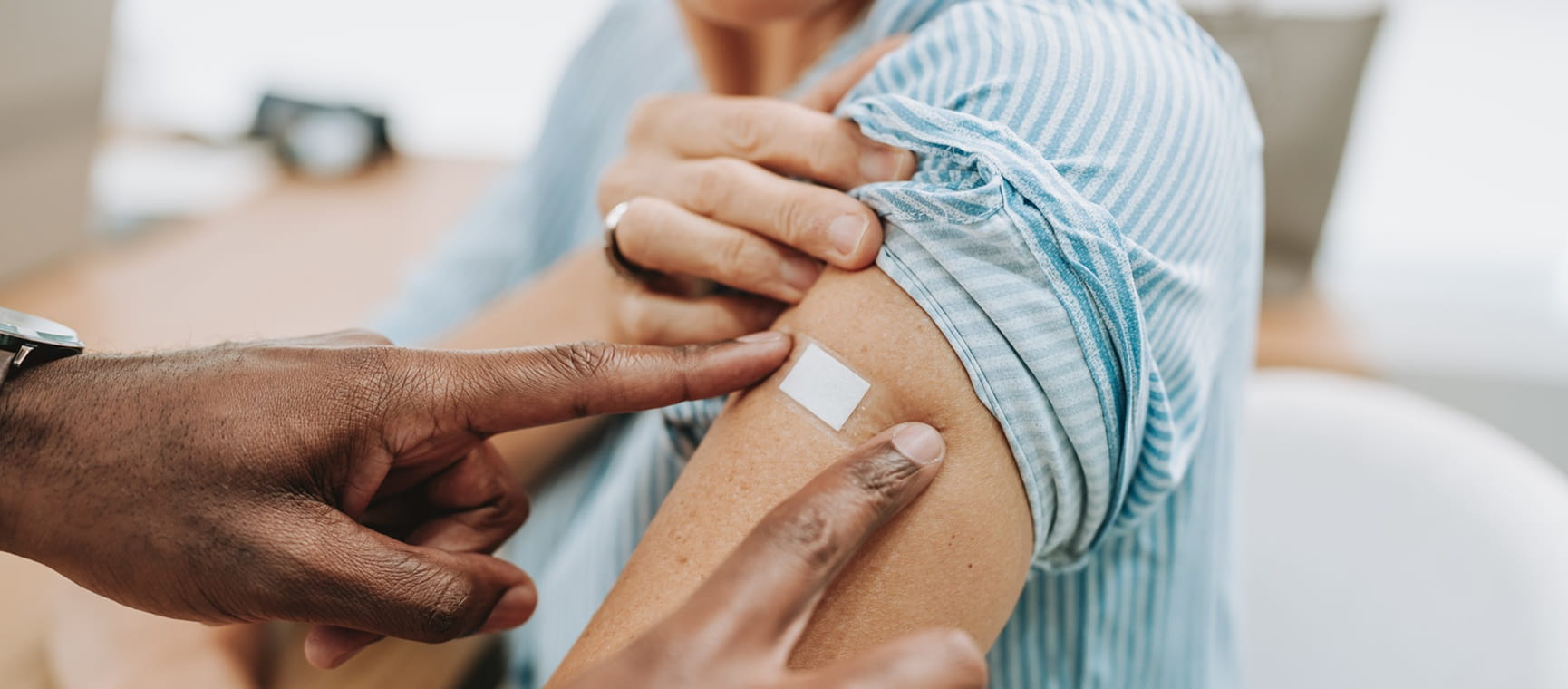
The NHS winter vaccination campaign kicks off next week. Here’s the lowdown on what you need to book.

Pilates for back pain – what to do if you are suffering, and five gentle exercises that could help.
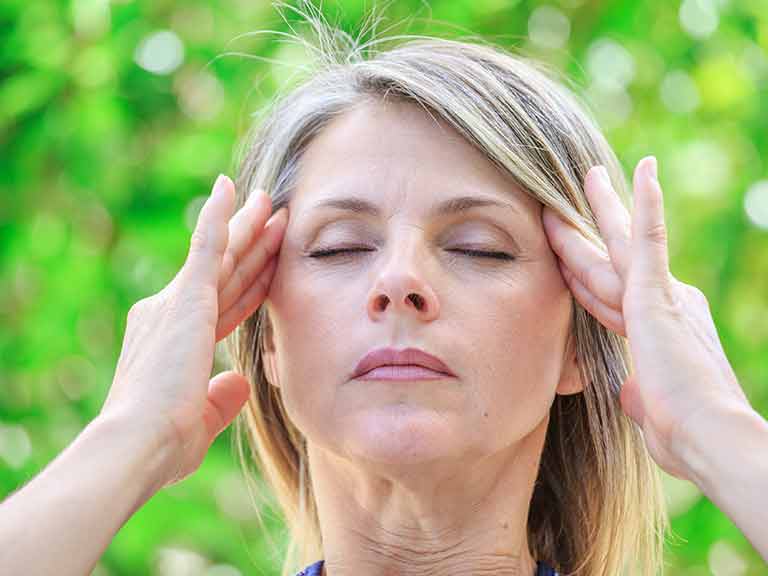
Dizziness or vertigo: a sensation of spinning, can stop us doing everyday things for fear of falling. Try these tips to stop feeling dizzy


You don’t have to put up with bladder leaks. We try out the latest pelvic floor gadgets for men and women.
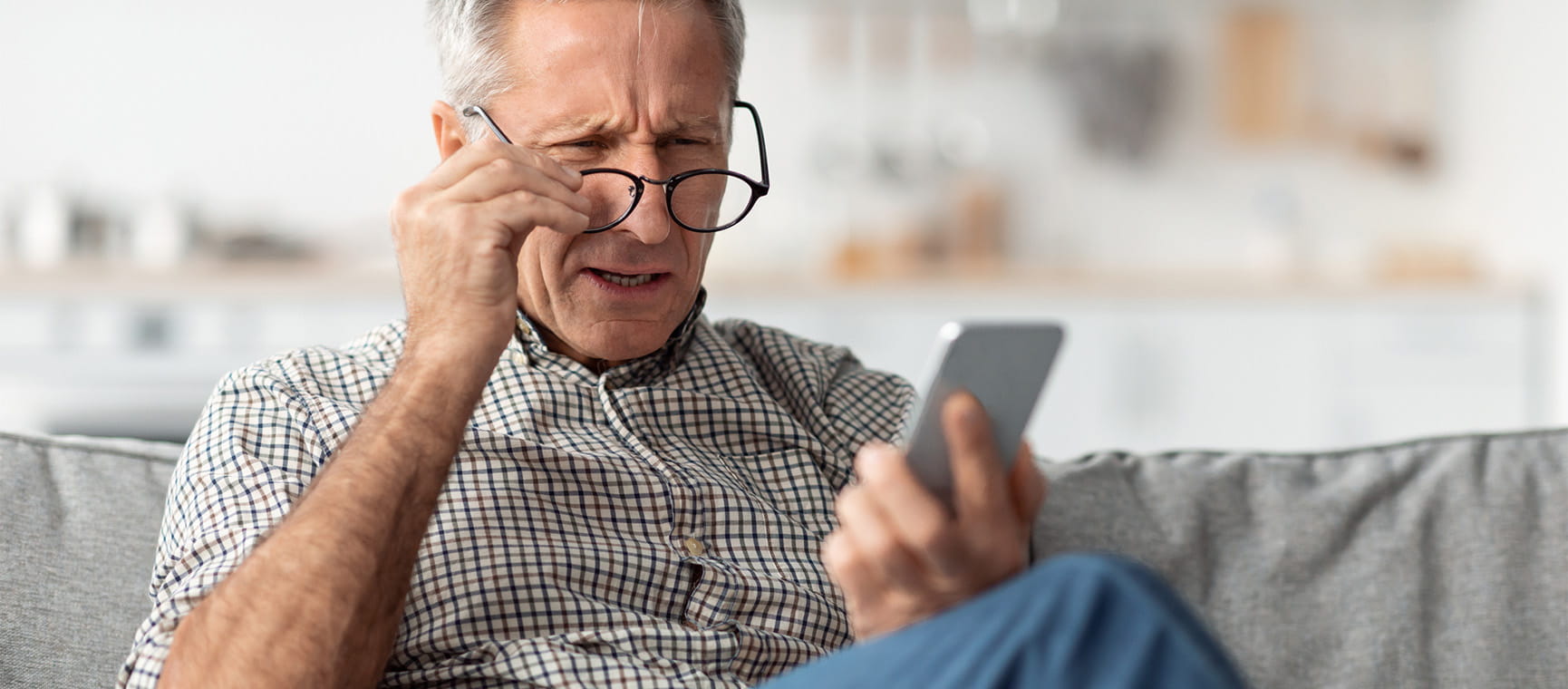
Cataracts are a normal part of ageing. Learn how to spot the signs – and when it’s time to consider surgery.